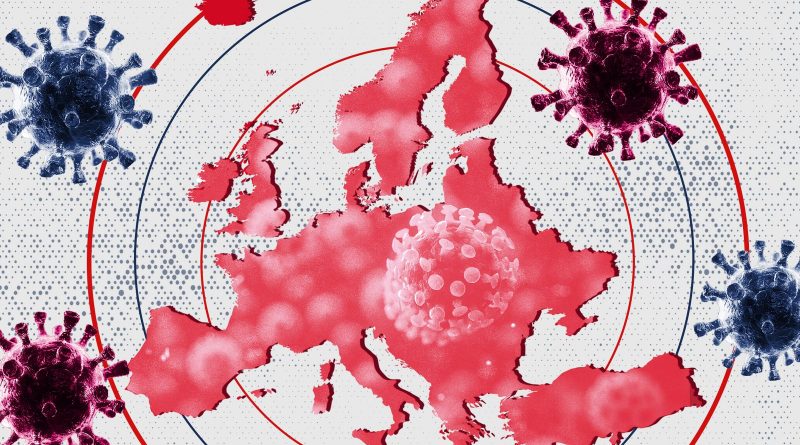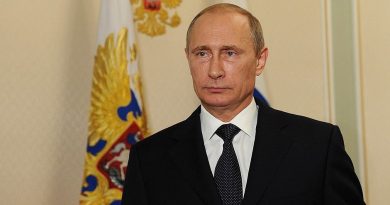European Union Overturns Export Controls Amid Poor Vaccine Rollouts
Lauren-Marie Diawatan
Staff Writer
On January 30, the European Union reversed its decision to restrict COVID-19 vaccine exports into Britain through Northern Ireland, according to the New York Times. The EU initially feared some of the vaccine doses it had purchased from the pharmaceutical company AstraZeneca might have been diverted to a plant in the United Kingdom. The British government claimed Friday that in response, the EU attempted to use an emergency clause of the Brexit agreement to impose export controls on Northern Ireland.
The Associated Press says that following a call between British Prime Minister Boris Johnson and Ursula von der Leyen, president of the EU Commission, the bloc announced it was not going to invoke the article allowing any partial override of the deal. Cabinet Minister Michael Gove emphasized that President von der Leyen understood the UK government’s position and that the government “expect[s] that those contracts will be honored” and vaccines would be supplied as promised. Reuters reports that EU officials decided to retract the announcement due to, “political difficulty and sensitivity there, in particular on the Irish and Northern Irish side,” One official even called the dispute “simply and plainly a blunder”.
The New York Times writes that the European Union’s vaccine rollout has faltered compared to the efforts of the UK and the United States to vaccinate the public. The EU’s attempted trade controls with Northern Ireland come in wake of the bloc’s disputes with AstraZeneca over vaccine distribution. AstraZeneca, whose vaccine is the third to be approved by the EU, announced to the European Union that it was going to reduce its deliveries to 31 million doses near the end of March, less than half of the 80 million doses promised. In an EU press release statement made before the controls were announced and rescinded, Health Commissioner Stella Kyriakides challenged AstraZeneca and “reject[ed] the logic of first come, first served”, stating there was no priority clause in the Advanced Purchase Agreement made with the company.
AstraZeneca, which operates from Britain, developed its vaccine alongside the University of Oxford The European Union made a purchase agreement with the company in August, three months after Britain’s agreement, but paid $408 million to expand production. In a statement to German newspaper Die Welt, AstraZeneca CEO Pascal Soriot remarked that vaccines were developed with the support of the UK government alongside Oxford; vaccines produced in the UK were expected to go to the UK first, writes the Associated Press.
The director-general of the World Health Organization, Dr. Tedros Adhanom Ghebreyesus, joined in criticism of the European Union’s export restriction and removal. Dr. Ghebreyesus warned that “vaccine nationalism” could lead to a prolonged recovery process, according to the New York Times. CNN reports that Prime Minister Johnson warned against this nationalism in September to the UN General Assembly, claiming it pointless to use the race for the vaccine to bolster national advantage.
Johnson remarked that while all countries were working for the benefit of their people, the COVID-19 crisis “is a global problem – this is not a national problem.” The COVAX initiative, a UN-sponsored global program, aims to solve this problem by making 2 billion vaccine shots available to areas with significant gaps in health infrastructure throughout the world. However, the initiative only promises to cover 20 percent of the population of each participating country.



